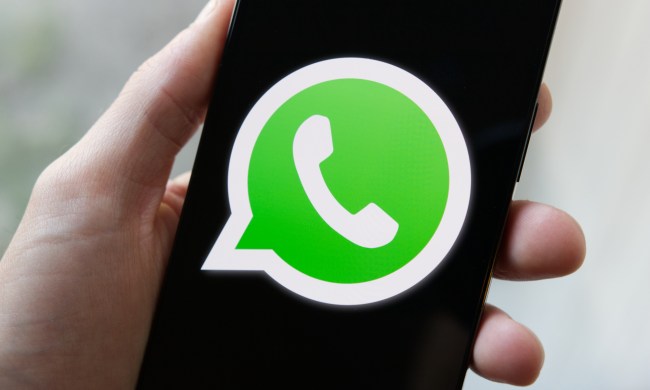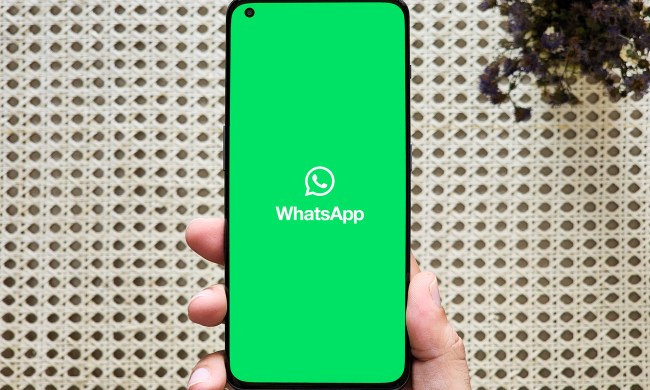Earlier this year, WhatsApp updated its policy and forced users to accept the changes if they wanted to continue using the app. This move caused heavy backlash for various privacy and security reasons and prompted users to reconsider using the app for personal communication.
Fears about user privacy
“WhatsApp privacy policy is terrible for user privacy,” says Ashley Simmons, founder of avoidthehack!, a website that promotes online privacy and security awareness. “It requires data sharing with Facebook, doesn’t offer encryption for chat backups, and ‘mines’ the metadata of your messages.”

For instance, a WhatsApp blog post published in 2016 reads, “And by connecting your phone number with Facebook’s systems,
After concerns like this garnered public attention, WhatsApp came forward with various clarifications, but by then, a lot of users had already started looking for alternatives like Telegram and Signal.
Where does WhatsApp stand now?
Today, WhatsApp still has more than 2 billion active users, but discussions about dumping the app for another, potentially more secure messaging service are still going online.
Should users really consider leaving the app? Do suitable alternatives exist? We asked technology, social media, and privacy experts.
Here are the WhatsApp alternatives

Simmons believes the time to dump WhatsApp was back in 2014 when Facebook acquired it. “
On the other hand, experts like Jackie Leavitt, chief editor of Cloudwards, an online publication on cloud-based technology, believe dumping the app may be difficult as it’s free and nearly everyone around the world uses it. For instance, apps like Telegram and Signal still have a smaller user base. “[These apps] don’t have the spread WhatsApp does, so they can’t functionally replace WhatsApp’s communication power just yet.”
Viber, Telegram, Wire, Discord, and Skype are other options users are considering.
While people are open to alternatives, not everyone has made the switch to other messaging apps. So even if there are serious security concerns in using WhatsApp, ultimately, users may be forced to choose the app anyway, simply because most of their family members and friends are available there.
Finally, despite its popularity, the app doesn’t cover everyone. Users who have limited access to the internet and smartphone can’t be reached through apps like WhatsApp, says Derek Ting, co-founder and CEO of TextNow, a service that offers free calling and texting on any device without the need for another person to have the same app installed.
With all these factors working together, people have realized it’s not a good idea to put all their eggs in one basket, Ting says. And now people know alternatives exist.
Signal is best for security
“Signal is currently the best alternative we recommend in terms of reach, security, and privacy-enabled features,” Harold Li, vice president of ExpressVPN
Simmons recommends taking a look at Threema and Element that “require less (or hardly) personal identifiable information to sign up/use, offer strong encryption protocols, and collect minimal usage data (such as metadata described above).”
Viber, Telegram, Wire, Discord, and Skype are other options users are considering, though not all necessarily place a premium on privacy the way Signal does.

Switching isn’t always a solution
However, despite the wide choice of alternative messaging apps, dumping WhatsApp may not be the best option for everyone. “WhatsApp is not going away, as it has the backing of the largest social media company in the world, with a massive user base in countries where WhatsApp is one of the most common forms of communication,” Ting says.
If you must be a part of your regular WhatsApp groups with little to no possibility of convincing your frequent contacts to use another messaging service, you have no choice but to agree with WhatsApp’s policy and continue using the app.
Individual choice always triumphs
That’s why, ultimately, whether people should really dump WhatsApp comes down to personal choice and individual circumstances. If your entire household depends on it for school and work, it may be more feasible to continue with the app. However, if you have the opportunity to make a switch, it may be a good idea to find a more secure service that offers similar features but with more privacy options and transparent data sharing policies.



